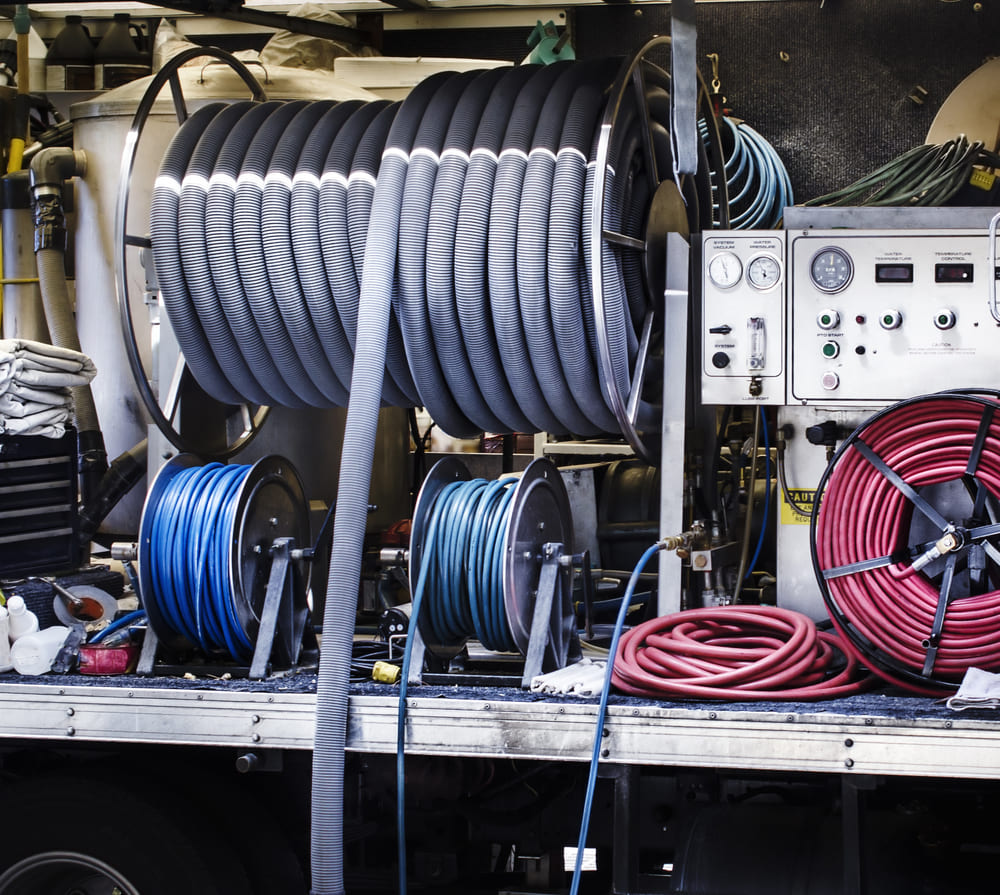
The presence of floodwater in your home is not to be taken lightly. It can make your family sick or injured, besides ruining the structural integrity of your home.
Knowing what to do in the event of a flood can allow you to react swiftly if one occurs in your home before you call Medford water damage repair professionals.
Turn Off Water And Electricity
The first step is to prevent the water levels from rising inside. Then, if the source of the flooding can be identified and is within the home, turn off the water source right away.
If possible, avoid contact with the water in floods caused by sewage backup from city plumbing. Also, avoid any electrical fixtures such as sockets, plugs, or switches if you are left standing on wet floors.
After you've turned off the water, you'll need to turn off the power. Instead of turning off individual switches or unplugging items, you must turn off the power supply at the circuit breaker. Electrocution can occur when water is charged with electricity, placing your family members at risk of burns or death.
Floods can be caused by various factors, including broken pipes or ruptured tanks. These would cause extensive repairs.
The easiest method to avoid this is to contact Medford water damage repair professionals to help clear floodwater can carry out floor damage repair and restoration.
Clear Floodwater As Fast As Possible
Sink or tub overflows, burst pipes and toilet bowl tanks fall into category 1, called "clean water." There aren't many toxins in this type of flood, and it's the easiest to deal with. The primary purpose here is to clean the home as rapidly as possible. Remove water from non-porous areas with a mop and rags.
Clean up the worst of the flooding with a clean rag to help the area dry faster. Next, you must work on drying porous materials like wood, drywall, paint, and insulation.
Mold, warping, and discoloration can occur if these materials are exposed to too much moisture. To speed up the drying process, use fans or a dehumidifier. Swept Away Restoration is an expert at clearing this water from your homes and using high power water pumps.
Avoid Direct Contact With Gray Water
Chemical, physical, and biological pollutants are present in "gray water," or Category 2 floodwater. Gray water can make you sick if you are exposed to it or consume it accidentally. Water from a toilet containing urine or cleaning fluids but no solid wastes is an example of category 2 flooding in a home.
It would help if you took some care when cleaning up after a flood of category 2 water, so you are best leaving this to professionals such as those from Swept Away Restoration.
Otherwise, ensure you wear latex gloves, rubber footwear, safety goggles, and possibly a face mask when mopping flood water.
Our experts can get rid of water and dry your home to see what can be salvaged and what needs to be removed and repaired. Swept Away Restoration offers excellent rates for such tasks and provides emergency flood assistance.
Black Floodwater Needs Specialist Help
Category 3 floodwater, or "black water," is the deadliest. It's dirty and trashy. This flooding likely carries fungi, germs, and other diseases. Blackwater includes plumbing backflows, toilet trap backups, and stagnant gray water.
If you have this type of water in your home, call a removal type immediately. They will be equipped to drain water and sanitize a flooded home.

Get Help From Medford Flood Damage Repair Professionals
Quickly assessing a flooding problem helps you from being electrocuted or exposed to toxins and germs from the water.
If you need emergency help for restoration and how to process your insurance claim, then you need experts. Contact Swept Away for a free estimate or speak to staff directly if you have an emergency.
Alternatively, you can fill in the compact form below for a staff member to be in touch. In addition, you can check our customer reviews on Google.
